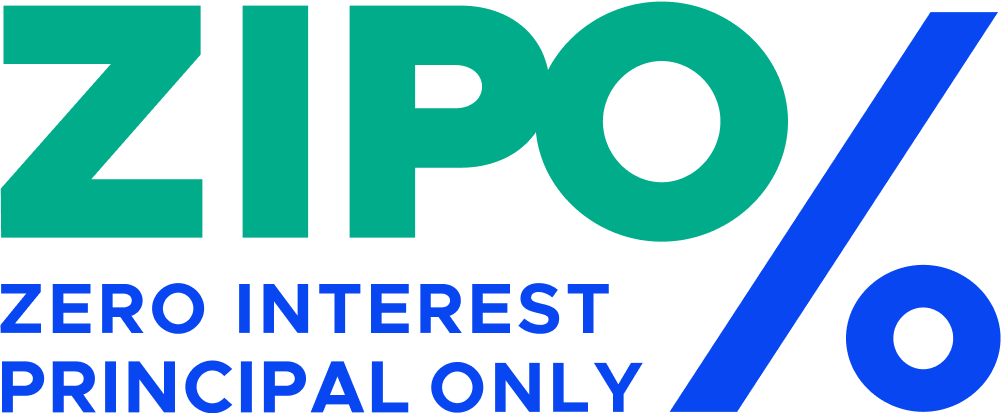NEWS
The Moral Issues Surrounding the Student Debt Crisis
Today, the average college student can expect to spend around $35,720 per year of their education. While there are some things that students can do to lower the cost of their education, such as going to community-based schools, the harsh truth is that most people will still complete their degree with a hefty student loan balance. There are many reasons for the student debt crisis and taking a look at the moral issues that surround the rising cost of education helps you to see why it is so important to be an advocate for zero-interest student loans.
Recognize the Role That Colleges Play
People often think of colleges as being innocently caught up in the student debt crisis, yet they are often a major player when it comes to students accumulating increasing totals for their loans. While a college may appear to have the students’ best interests in mind, this isn’t always the case. Some universities provide excessive salaries to certain members of the staff. Others have tapped into endowment funds or are trying to compensate for overspending and paying off their loans. Understanding that many colleges may take actions to protect their financial interests over students helps you to walk into the process of securing financial aid with a skeptical eye.
Question College Marketing Practices
High tuition rates and fees aren’t the only moral issue facing students. Colleges are also under tremendous pressure to bring in a new load of students each year who will pay for their courses and keep the programs running. Although some colleges still have stringent admissions requirements, you might find yourself caught up in a situation where the Financial Aid Department encourages students to take out large loans. You should expect some degree of help with finding financial aid, but you’ll want to be wary of anyone who acts as though it is perfectly normal for a young adult to be saddled with thousands of dollars of debt.
Establish Realistic Expectations Regarding Degree Outcomes
For many students, the prospect of earning a six-figure salary makes it easy to get starry-eyed regarding a specific degree plan. However, the truth is that some students won’t complete their four-year degrees or move on to graduate school, which might be required to achieve their career goals. Currently, many schools continue to make exciting claims about how much students can make without taking responsibility for making sure that students understand what it takes to complete their degree or obtain a position in their chosen career field. Asking schools to provide clear information about degree completion and post-graduation success rates makes it less likely that students will pile on loans that they can’t realistically pay back.
Demand Schools Offer More Assistance to Graduates
If you were to take a good look at a college’s staffing in each department, you’d likely notice that the number of staff involved in admissions far exceeds those involved in career services. Even when a student finishes their degree plan, they may be left completely unprepared to find the right position and make smart choices about how to pay down their student loans. Asking colleges to provide a full range of services that extends to caring for students as they exit the academic program means that more students can use the degree that they’ve made a large financial investment in obtaining.
There’s no way around the fact that most colleges and universities are run like a business. Yet, there are clear benefits to questioning practices such as making extreme increases in tuition or encouraging vulnerable young adults to take out excessive loans. Expecting accountability among the decision-makers in colleges along with lenders helps to ease the financial strain on students and their families.
